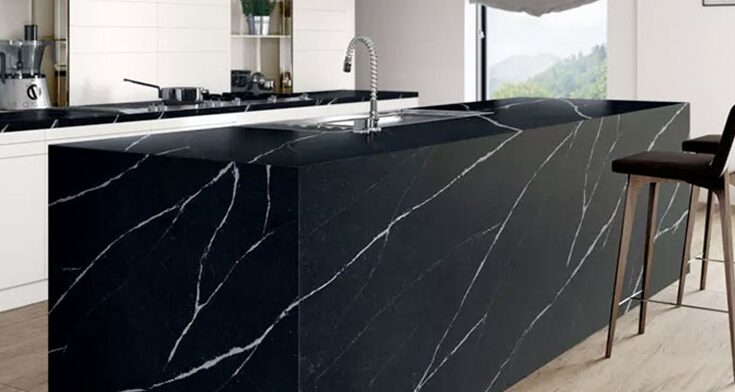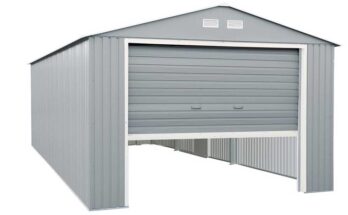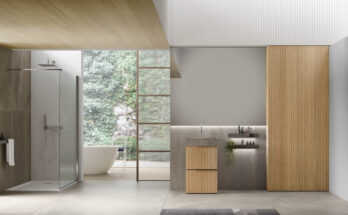Kitchens featuring natural stone Worktops have long been a popular choice for homeowners. There hasn’t been much competition for granite and marble’s exquisite look and durability, but now there is. Residents and professionals have found great success with engineered quartz, a man-made product composed primarily of natural powdered quartz with a small quantity of resin and colours. This article will discuss why this option deserves serious thought when planning a kitchen renovation.
Choosing Kitchen Colors
Since it is an artificial stone to which pigments have been added, quartz may be found in an extensive colour palette. Such consistent (particularly dark) hue effortlessly conceals seams in kitchen worktops, but matching up the veins and flaws in genuine stone can be more difficult and expensive. A wide variety is available, so you may select Worktops that match the aesthetic of your kitchen. Although solid-coloured quartz is ideal for a modern, transitional, or minimalist kitchen design, producers are now creating organic-looking quartz to satisfy the need for a more realistic, earthy feel on a hard surface.
Durability
When combined with resin, natural quartz already ranks among the world’s hardest substances. Because of its flexibility, Quartz worktops don’t require any screws or drilling to be installed, unlike more stiff natural stone. Quartz is beautiful, but its weight makes it such that only a trained specialist should install it.
Protective of Nature
Crushed quartz may be reused, making it a greener solution than mining for fresh quartz. Quartz makes up 93% of the material, with the remaining 7% including colour pigments and polymer resins used for binding. To lessen the environmental impact of your kitchen renovation, it is preferable to select quartz that was both mined and made in your region.
Resistant To Stains
Quartz Worktops are great for high-traffic kitchens due to their resistance to stains. The tomato sauce, olive oil, coffee, and wine have no chance. Because of the polymer resin, quartz is impervious to liquids and microorganisms. An antibacterial coating is applied to some quartz worktops, rendering them even more sanitary. Quartz is easier to clean with a simple cleaner than marble, granite, or concrete, so you can rest easy knowing that any germs or filth will be removed.
Surfaces
Quartz will never quite replicate the look of genuine stone, but it has improved significantly in this regard. Quartz may be processed in various ways, resulting in textures as varied as pitted, concrete, and suede surfaces. You may also add bits of glass or metal for visual interest. The combination of these features makes quartz Worktops stand out. The only negative is that you must still take precautions while using them near hot cookware. Some finishes are more susceptible to fingerprints and smudges, requiring more frequent wiping; yet, this does not diminish their widespread acceptance, as their benefits greatly exceed their drawbacks.
Quartz Worktops are comparable in cost to real stone but offer superior value and performance. It’s not hard to understand why this newer trend in kitchen design has won over so many people.
Conclusion
Quartz Worktops are a modern and in-demand substitute for traditional kitchen Worktops due to their attractive appearance, longevity, and design flexibility. The surface’s universal and timeless appeal makes it a good fit for any design scheme, and its low care requirements ensure that it will survive even in the messiest and busiest kitchens.The surface is not real stone but crushed quartz crystals, colours, and resin blended to provide the desired effect. Quartz Worktops in India are a popular alternative to genuine stone slabs because of their durable, scratch- and stain-proof, non-porous surface.




